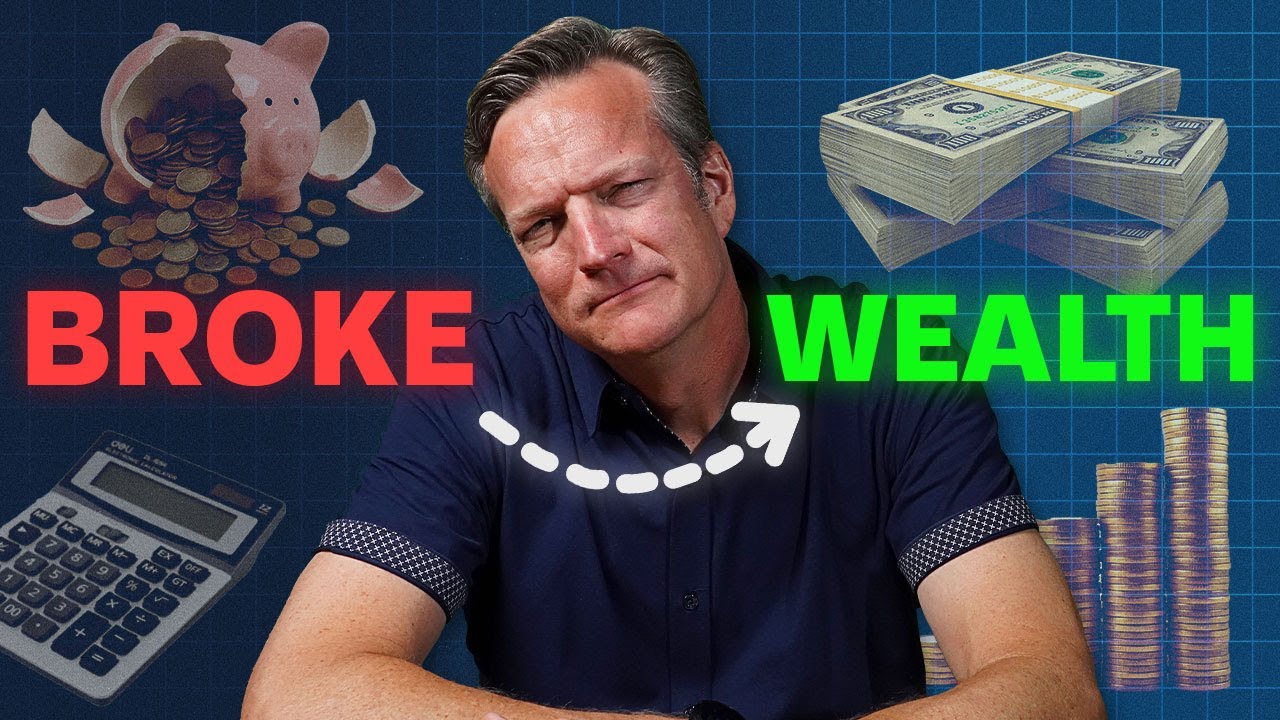We've got a rather trendy question from Braden. He asks, "Where does The Money Guy Show see AI taking the financial industry? What aspects of the financial industry will always require human interaction, versus what could be replaced or assisted with AI? What are your thoughts?"
Yeah, it's really interesting. So, we are financial advisors in our day job, and we live in a world where it seems like every industry publication that comes out is discussing how technology and AI might replace the field or make financial advisors obsolete. This conversation is reminiscent of the discussions we had when robo-advisors first emerged. It's intriguing that if you've been following the show for a while, you've likely heard Brian and me discuss how financial planning, designing plans, and making financial decisions are a blend of science, mathematics, and art.
Financial planning involves binary decisions – do this, don't do that, ones and zeros – but there's also an artistic aspect to it. The art emerges when you marry mathematics and creativity. Our financial order of operations, for instance, presents nine tried-and-true steps that guide you on what to do with your money. You can approach it rigidly by following steps one through six, but eventually, art enters the equation. This is especially true if you're considering FIRE (Financial Independence, Retire Early) or if your employer offers a unique account structure. In such cases, you move from generalized solutions to specialized ones.
As long as finance remains a realm with these variables and complexities, there will always be a place for advisors to guide and nurture financial journeys. Fighting against technology is counterproductive. In our case, we aim to use technology and AI to amplify our message, better assist people, and provide more comprehensive support. We don't view it as a negative or disruptive force. Instead, we see it as an opportunity to enhance our services and counsel more people on a larger scale. It's more exciting than daunting.
I'm personally enthusiastic about it. I'm not afraid of it at all. Allow me to explain why. AI excels at processing vast amounts of data efficiently. This excites me because it suggests that many tasks involving tax return preparation and review could be significantly improved. However, AI's strength lies in binary decisions – determining if something is a zero or a one. This is where its proficiency shines. But here's where I'm confident that financial advisors won't be replaced.
Financial planning is about dealing with individuals who have unique lives, each with a multitude of variables. Every prospect who walks in is different, much like fingerprints. On top of that, we're emotionally inefficient beings – our decisions often aren't in our best interests due to behavioral tendencies driven by fear and greed. Therefore, a financial advisor not only needs analytical prowess to make the right decisions at crucial moments, but also the capacity to navigate personal and relationship struggles.
AI might process data well, but it can't navigate the intricacies of human lives or emotional complexities. It can't possess the wisdom born from experience, understanding what it's like to build wealth from scratch, or comprehend the unique situations of small business owners. These aspects, coupled with the need for relationship management, differentiate financial advisors from AI. Our role requires analytical skills, experience, and the ability to guide decisions with a human touch. It's the human touch that AI can't replicate – the ability to understand and assist people with a blend of analytical expertise and emotional intelligence.
So, while AI might excel at data processing and certain aspects of financial decision-making, the realm of human emotions, personalized guidance, and the art of understanding and managing unique financial journeys remains the domain of human advisors. We anticipate technology will help us do our jobs even better, allowing us to focus on the nuanced complexities of each person's financial story and offer guidance that goes beyond the capabilities of AI. For more information, check out our
free resources.













